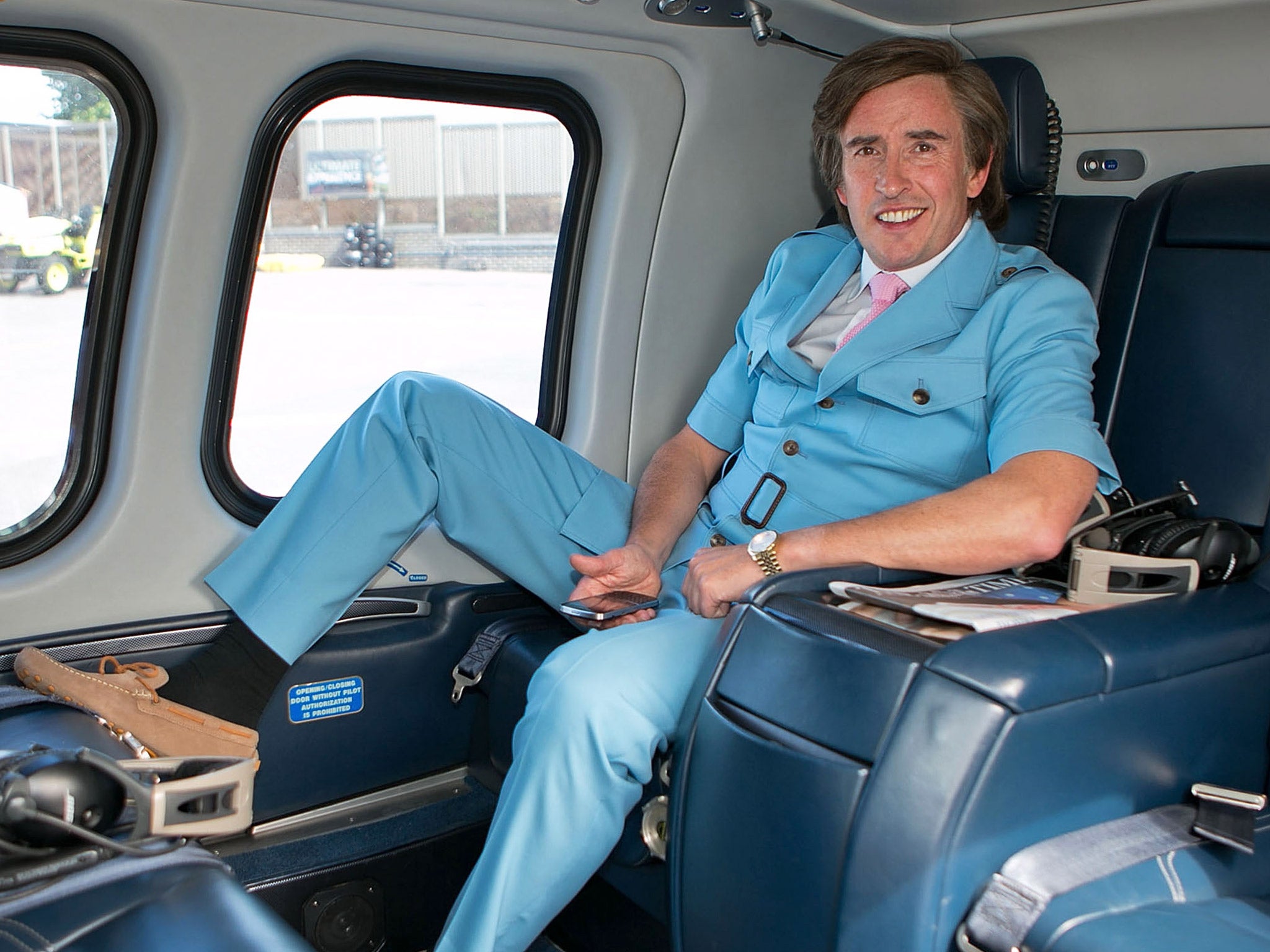'Mid-life crisis' may be a myth, study suggests
The study found happiness increased, rather than fell, between the ages of 18 and the early 40s

Your support helps us to tell the story
From reproductive rights to climate change to Big Tech, The Independent is on the ground when the story is developing. Whether it's investigating the financials of Elon Musk's pro-Trump PAC or producing our latest documentary, 'The A Word', which shines a light on the American women fighting for reproductive rights, we know how important it is to parse out the facts from the messaging.
At such a critical moment in US history, we need reporters on the ground. Your donation allows us to keep sending journalists to speak to both sides of the story.
The Independent is trusted by Americans across the entire political spectrum. And unlike many other quality news outlets, we choose not to lock Americans out of our reporting and analysis with paywalls. We believe quality journalism should be available to everyone, paid for by those who can afford it.
Your support makes all the difference.For half a century, research has suggested happiness declines as we reach middle age, before rising after our 60s. However, new research suggests the "mid-life crisis" may actually be a myth.
In a paper published in the journal Developmental Psychology, University of Alberta researchers argue happiness increases from our teens and early twenties.
Based on data drawn from two longitudinal studies - one of Canadian high school students from ages 18-43 and another from a group of university students from 23-37 - they found happiness increased into the 30s, with a slight downturn by age 43 in the high school sample.
After accounting for variations in the participants' lives, both samples demonstrated a general rise in happiness after high school and university, rather than the steady-dip which was expected.
The researchers also found people are happier in their early 40s than they were at 18, with people being happiest when they are married and in better physical health. People were less happy when they were unemployed.
Psychology professor Nancy Galambos - author of the study - says it's crucial information, because happiness is associated with life span and overall well-being.
"We want people to be happier so that they have an easier life trajectory," she said. "And also they cost less to the health system, and society."
Join our commenting forum
Join thought-provoking conversations, follow other Independent readers and see their replies
Comments